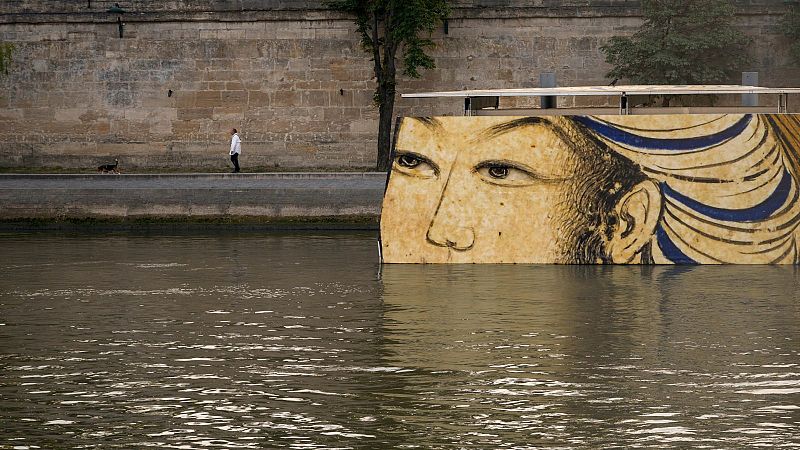
Paris’s Seine could be the next river granted legal personhood under plans announced by Mayor Anne Hidalgo yesterday.
Paris City Council has called on Parliament to pass a law giving the River Seine rights, so that "an independent guardian authority” can defend it in court, according to yesterday’s resolution.
It follows a swell of similar ‘rights for nature’ breakthroughs since New Zealand first recognised the Whanganui River as a living entity in 2017. And is another step forward in Paris’s bid to protect the Seine from pollution.
“From the reclamation of the banks in 2016 to the historic swimming in the Seine during the Paris Games, to the improvement of water quality, we have never stopped acting to restore our river to its rightful place!” Hidalgo wrote in a LinkedIn post yesterday.
Why could the Seine get personhood?
The foundations of the plan were laid by a citizens’ convention on the future of the Seine, which concluded last month.
50 citizens chosen at random questioned experts and took part in weeks of debate in order to reach a collective opinion. They concluded that the Seine should have fundamental rights, including “the right to exist, to flow and to regenerate.”
On the basis of this opinion, the City of Paris is tabling a bill in Parliament to give the Seine the rights to be properly protected.
“Recognising rights to the oceans, rivers or the Seine is neither a symbolic gesture nor a legal fantasy: it is a political response to the ecological emergency. It is urgent to act!” Hidalgo added.
The Seine must be considered an ecosystem that "no one can claim ownership of", where the preservation of life takes "precedence over everything", according to the convention.
Is the Seine clean enough to swim in?
Paris has been on a major cleanup mission on the Seine’s behalf in recent years, spending €1.4 billion on its recovery. That includes investments like building a giant underground tub to store wastewater so that it doesn't run into the river.
It received a boost in the run-up to the Olympics last year, as French authorities sought to get the river clean enough to host water sports events. After much speculation, failed E. coli tests, and one Mayoral swim, some Olympic events were able to go ahead.
But a plan to open the Seine for public swimming last summer was delayed until this year. Now, authorities say it will be opened up at three points from 5 July.
Despite ongoing issues from pollution, rising water temperatures, and pesticide runoff, the Seine has been getting markedly healthier. As the citizens’ convention noted, the river is now home to around 40 species of fish - up from just four in 1970.
Opening the river up to the public this summer could present "additional risks", it warned, and so will need to be carefully managed.
Where else do rivers have rights?
Communities around the world have campaigned for fragile ecosystems like rivers and mountains to be afforded legal rights in order to better protect them.
The legislation protecting the Whanganui River combines Western legal precedent with Indigenous beliefs, as Maori people have long considered it a living entity.
In 2022, Spain granted personhood status to Europe’s biggest saltwater lagoon, the Mar Menor, marking the first time a European ecosystem gained the right to the conservation of its species and habitats, and protection from harmful activities such as intensive agriculture.
Last year, an Ecuadorian court ruled that pollution had violated the rights of the Machángara River, which runs through Quito. It enforced an article of Ecuador’s Constitution that recognises the rights of nature.
Hidalgo wants to see the Seine join this privileged company. “Paris is committed to putting the Seine back in its rightful place, in the heart of our city and as close as possible to its inhabitants,” she wrote.
“A new adventure begins!”







